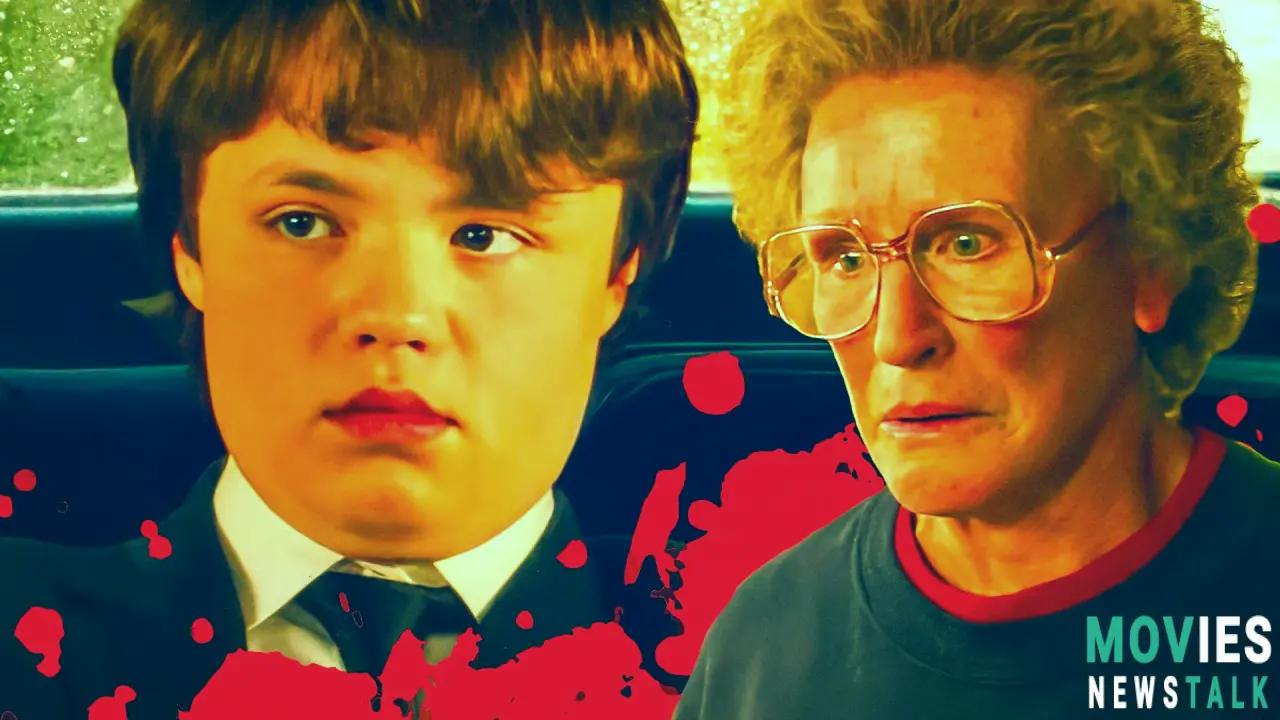Movie Reviews of Hillbilly Elegy: Why They Were So Critical
When Ron Howard adapted J.D. Vance's highly regarded memoir, "Hillbilly Elegy," it generated a lot of debate right away. Though the film had a star-studded cast including Amy Adams, Glenn Close, Freida Pinto, and Haley Bennett, Rotten Tomatoes gave it a shockingly poor 25%.
Why Critics Thought Hillbilly Elegy So Unworkable
Critics claimed the movie lacked a complex and sympathetic depiction of the hardships American working class people—especially those from Appalachia—faced. Rather, they saw the film as reinforcing negative preconceptions and parading the characters for low cost pathos.
Review Notes on Hillbilly Elegy Movies: A Common Theme
Several assessments pointed out how poorly the movie portrayed the complexity of Appalachian life. Adams's performance was called "over-the-top" and "melodramatic" in the New York Times. Vulture went farther, contending that "the film isn't meant for the people of Appalachia... they're intended for people with power and security."
Comparing the movie to a self-serving application essay for an Ivy League university, The Guardian said it was "contrived and self-conscious". The Atlantic repeated these complaints, saying Adams's performance was "a gross pantomime of suffering" and the movie's "ambitions simply aren't that serious."
The Film's Insufficient Sensibility for the Working Class
The way the movie portrayed J.D. Vance's ( Gabriel Basso's) climb to Yale Law School, many critics felt it lacked real empathy for the working class. Emphasizing mostly on Vance's personal success, they noted that the source material itself also battled to grasp the suffering of Appalachia.
Critics contended that the film's message was finally one of self-righteousness, blaming the working class for their own hardships and honoring Vance's ascent as a triumph over adversity without noting the institutional powers at work.
The debatable message of Hillbilly Elegy
The bad reception of the movie reflects the general debate over "Hillbilly Elegy." Though praised for its honest and sometimes terrible depiction of his own family's hardships, Vance's book drew criticism for its generalizations and possibly damaging stereotypes. Some contended that the book blamed the working class for their own situation, so neglecting more important social and economic factors driving poverty.
The movie's release heightened these complaints since critics claimed that given the political environment of today, its message was especially risky. They contended that "Hillbilly Elegy" widened the gulf between many groups inside American society and supported polarizing viewpoints.
Hillbilly Elegy: A Misdirected Misfire
"Hillbilly Elegy" ultimately fell short of its high aspirations. Though it was meant to be a strong statement on resiliency and personal triumph, the movie turned into a cause of debate and criticism. The movie's poor reception resulted from its inability to interact with the complexity of Appalachian life and its maybe negative stereotypes.
Hillbilly Elegy: Examining Deeper View
Here is a more thorough analysis of the several factors influencing "Hillbilly Elegy's negative reception:
1. Insufficient complexity and empathy
"Hillbilly Elegy" drew criticism for its lack of empathy and subtlety in depicting working class hardships—especially those of Appalachia. The movie was seen as distilling difficult problems including poverty, addiction, and mental health into caricatures that support negative stereotypes, so simplifying them.
2. Self-righteous tone
Many critics felt the movie's attitude to be self-righteous, with Vance's (Gabriel Basso) success presented as a triumph over adversity without noting the systematic forces causing poverty and suffering. This strategy was observed as celebrating Vance's personal success while blaming the working class for their hardships.
3. Troublesome Representation of Appalachian Culture
The way the movie portrayed Appalachian culture drew criticism since some felt it was clichéd and insensitive. Often showing as dysfunctional, reckless, and devoid of agency, the characters reinforced negative preconceptions of the area.
4. Oversaw Opportunity for Social Commentary Missing
One considered "Hillbilly Elegy" as a lost chance for social commentary. Though the movie aimed to highlight Vance's personal path rather than the more general social and economic elements causing poverty and inequality, it still had great potential to throw light on the difficult problems confronting the working class.
5. Not Enough Memoir Adaptation
Critics said the film adaptation missed the subtlety and complexity of the original memoir. Considered as unduly simplified and melodramatic, the movie sacrificed depth and knowledge in favor of sensationalism.
6. divisive timing
The film's message was especially controversial since its release fell during a period of strong political polarizing. Some contended that the movie supported the widening gulf between many groups in American society and strengthened divisive narratives.
Considerations Regarding Hillbilly Elegy Evaluation
Although "Hillbilly Elegy" was meant to be a tale of personal atonement, it started vital discussions on the portrayal of underprivileged groups, the complexity of poverty, and the possibility for negative stereotypes to be spread via popular culture.
In the end, the reception of the movie emphasizes the need of considering the larger social setting while assessing media and artistic creations. It also emphasizes the need of creators approaching delicate subjects with empathy, subtlety, and knowledge of the possibility for negative stereotypes.

